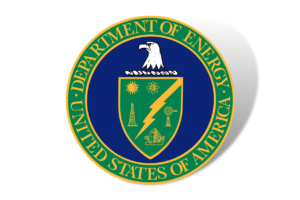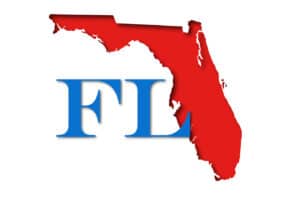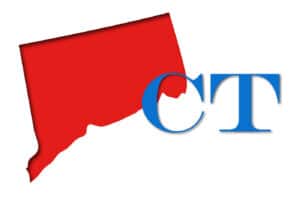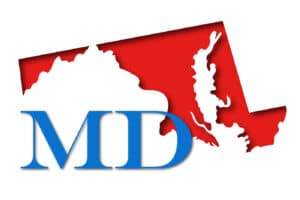Green/Sustainable Housing

Department of Energy Updates Eligibility Provisions for Multifamily Using Weatherization Funds
NH&RA’s Council for Energy Friendly Affordable Housing (CEFAH) is pleased to announce that the U.S. Department of Energy (DOE) is amending the eligibility provisions applicable to multi-unit buildings under the Weatherization Assistance Program for Low-Income Persons. The new regulations will make it easier for owners of HUD, LIHTC and USDA assisted apartments to utilize weatherization grants. CEFAH will be providing its members with in-depth analysis of this new rule. CEFAH is a working group of some of the most active owners and managers of affordable housing. Its goal is to identify areas where significant savings could be found and work with policymakers to obtain regulatory and legislative changes that make such improvements feasible and permissible. Click here to learn more about CEFAH.

2009 NH&RA Recordings: Mix-and-Match Offer
You can now purchase individual audio recordings of select panel sessions offered throughout 2009. Mix and match sessions from any 2009 event on one convenient CD-ROM!

House Bill Supports Renewable Energy Investment
U.S. Representative Earl Blumenauer (D-OR) recently introduced the Renewable Energy Expansion Act (H.R. 4599), a bill that would allow taxpayers to receive a tax credit that functions as a direct payment for investing in or producing renewable energy.

HUD Announces NOFA and Request For Comments Sustainable Communities Planning Grant
HUD has issued a notice announcing its intention to offer funding through a competition made available as a Notice of Funding Availability (NOFA) under its Sustainable Communities Planning Grant Program (Program). HUD is also seeking comments on the Program through this Advance Notice.

HUD Announces NOFA and Request For Comments Sustainable Communities Planning Grant
HUD has issued a notice announcing its intention to offer funding through a competition made available as a Notice of Funding Availability (NOFA) under its Sustainable Communities Planning Grant Program (Program). HUD is also seeking comments on the Program through this Advance Notice. The goal of the Program is to support multi-jurisdictional regional planning efforts that integrate housing, economic development, and transportation decision-making in a manner that empowers jurisdictions to consider the interdependent challenges of economic growth, social equity and environmental impact simultaneously.

NH&RA In Winter Wonderland!
Snowed in? Washington, DC got over two feet of snow last weekend and we are looking at as much as another 10 inches of snow tomorrow – so much for living in the South! But just because we can’t dig our cars out doesn’t mean you can’t plan your trip for an upcoming NH&RA event in a much WARMER climate!

HUD Announces New Office of Sustainable Housing and Communities
HUD Secretary Shaun Donovan has announced the launch of HUD’s new Office of Sustainable Housing and Communities (OSHC). The office will be overseen by HUD Deputy Secretary Ron Sims. OSHC is designed to help build stronger, more sustainable communities by connecting housing to jobs, fostering local innovation and building a clean energy economy. Funded by Congress for the first time in HUD’s 2010 Budget, OSHC is a key component of the Obama Administration’s Partnership for Sustainable Communities.

CEFAH Achieves Legislative Success
NH&RA’s Council for Energy Friendly Affordable Housing is pleased to report that a new Senate bill (S. 2897) has been introduced by Senator Michael Bennet (D-CO) that would create significant financial incentives for owners of federally-assisted housing projects to improve their properties’ energy efficiencies and reduce energy costs.

Florida Agency Launches Green Building Website
The Florida Housing Finance Corporation recently launched a new web site to encourage green building practices in affordable housing across the state of Florida.

Connecticut, Georgia Top State List in Green Building
According to a new green housing report, Connecticut and Georgia top the rankings among states when it comes to energy efficient affordable housing development. Global Green USA recently released its fifth annual green building rating summary of state qualified allocation plans (QAP).

Maryland Announces Updates to 2010 Funding Round
Maryland’s Department of Housing and Community Development recently issued a notice to multifamily development professionals that announces critical updates to Maryland’s 2010 funding programs, and reminds developers of the February 23, 2010 competitive funding round application deadline.

USGBC Publishes Report On Using ARRA Funds For Green Building
The US Green Building Council has published a new report titled “Top 10 Ways to Use Recovery Funds for Green Building.”